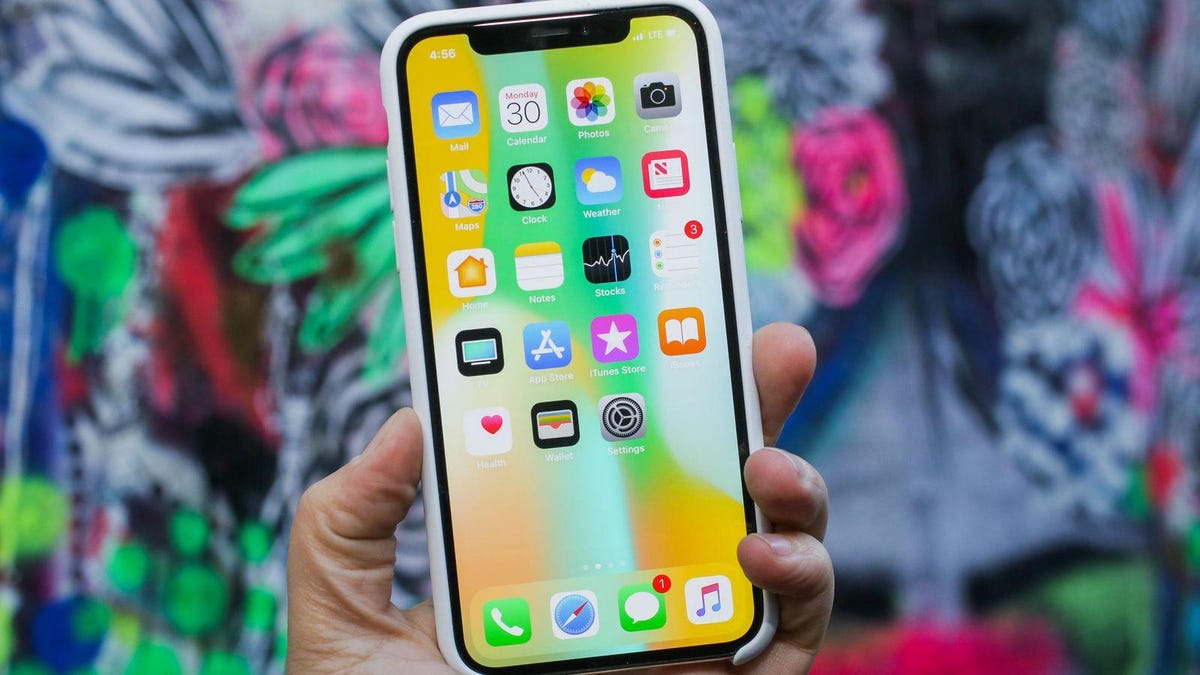Apple reportedly ditching Qualcomm chips for future iPhones
The tech giant currently uses modem chips from Qualcomm and Intel, but could rely exclusively on Intel in the future, says a report.

Current iPhones use a mix of Intel and Qualcomm chips.
Apple is set to ditch Qualcomm as a baseband chip supplier and to exclusively use Intel chips in future iPhone models, according to a report published Monday.
At the moment, Apple uses a mixture of Qualcomm and Intel baseband chips, which power all the iPhone's antenna functions. It has done so since the iPhone 7, but is set to part ways with Qualcomm amid tensions between the two companies, according to KGI analysts (via 9to5Mac).
Intel can meet Apple's technical requirements for chips, which will include improved 4G transmission speeds, as well as offer more competitive prices than Qualcomm, said the report.
The report comes against the backdrop of a legal battle over how much Apple should pay Qualcomm for technology licenses. In December, the conflict escalated as Qualcomm, the world's largest supplier of chips for mobile devices, accused Apple of infringing on a number of its patents, while Apple charged that Qualcomm illegally used its battery management technology.
This would not count Qualcomm out forever, though. Qualcomm may be ready to support 5G technologies ahead of Intel, said KGI, putting it in a competitive position in the future.
Representatives for Apple and Qualcomm didn't immediately respond to requests for comment.
'Alexa, be more human': Inside Amazon's effort to make its voice assistant smarter, chattier and more like you.
Batteries Not Included: The CNET team reminds us why tech is cool.

